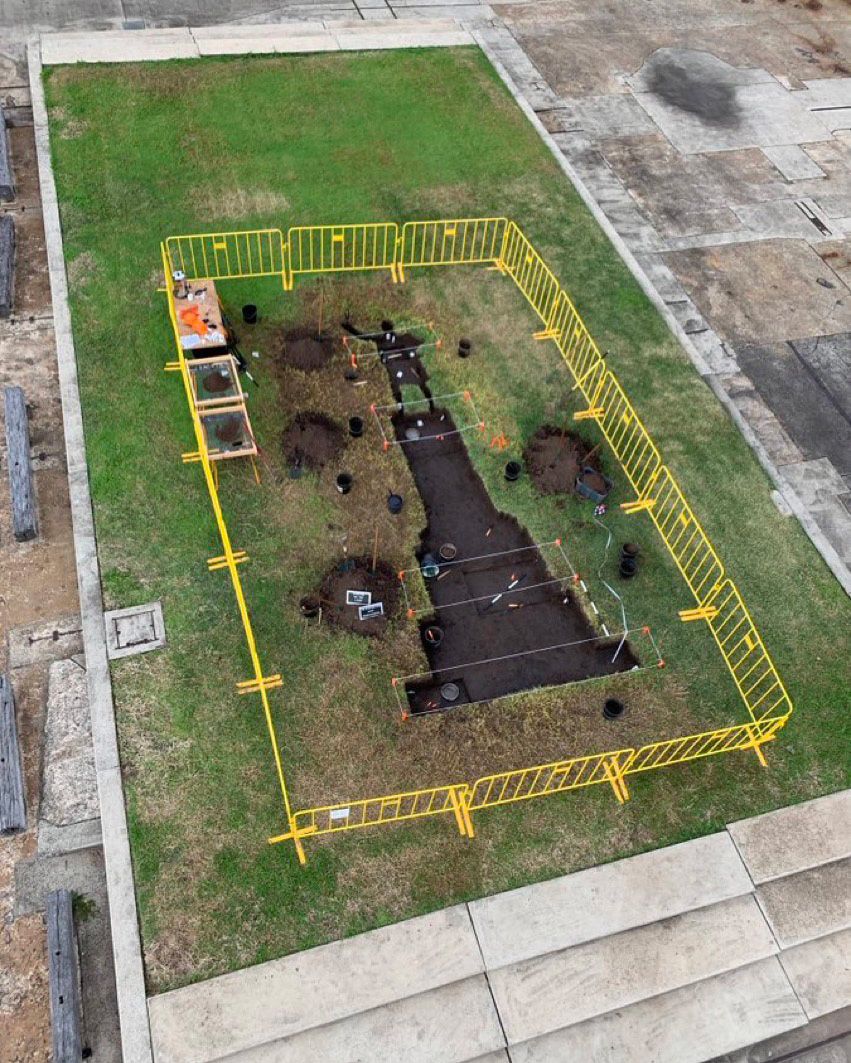I Don’t Like Art
It’s a curious sentiment from someone who has both amassed financial debt from art school and spent the better part of 10 years struggling under the weight of “professionalized” arts work. Over the past several months, friends and colleagues have asked (with differing motivations) whether I in fact like art – the product of it, the material things its makers and their publics are left with in the end. Most days I’m not sure.
Artswork, for me, has always been a convenient gathering site for all manner of thinkers. At our best, we are keen observationists, cultural critics, devotees of history, and optimists for other futures. We are champions of elsewhere and otherwise – the propositions that fuel us manifesting through images, information, oddly situated objects, or community gathering. And the work of thinking, at its finest, is messy. It’s rhizomatic, adaptable, and primarily concerned with the completeness of a multifaceted question.
But unfortunately, to some, artswork is only as good as its container. Its producers need to be tidy – uniform in education and drive. Its spaces for display and discussion need to be antiseptic – devoid of actual cultural debris, white. Art’s most generous philanthropists invest in themselves through sharply appreciating objects and real estate. That investment rarely extends beyond what they already know, into a more variable ecology of politics and wellness. The thinkers and makers through which all cultural caretaking and progress is possible are ideologically praised but systemically downtrodden.
The vast majority of us are underemployed, cobbling together a living wage from a myriad of activities that overextend us – making and writing, thankless administration, working predatory short-term contracts, and the occasional dalliance with the service industry. An outsized level of ambition is required to secure basic needs, which is to say nothing of the emotional toll embedded within “art” as one’s raison d’être. As a Black artsworker, the stakes of my presence in any structurally inequitable initiative is exhausting. With every tokenized presentation of a non-white thinker comes a tidal wave of expectations for placemaking, as though a city on a hill can be constructed by the dreams of the underresourced alone. These past months have seen the facades of such counterfeit cities crumble in the face of opposition. I’m glad.
I’ve been watching the daily footage of statues being removed from their places of honor in both physical space and public imagination. A social media post by (performance artist and choreographer) Keith Hennessy poses a beautiful query – they wonder whether a monument can be humiliated. I, for one, hope it’s possible. Humiliation is one of the strongest and most lingering sensations within the spectrum of emotional memory. In this moment of uprising, the tediousness of “lingering” is what I crave most. Though the logistics of accountability, reparations, and structural reform need be the highest priority for institutional penance, I can’t help but also want the unfailing presence of a long shadow, and the public’s lingering suspicion. While I strain to remember the days that I unquestionably liked art, it’s essential that I hold tight to the foundational curiosities and methodologies of those that create it. I daydream about the world-building made possible were their efforts valued under a better name.
Can a monument be humiliated? Can an entire industry? Can work overseen by institutions once characterized by noxious slowness at best, and practices unbefitting lofty rhetoric at worst, be transformed into something else? What will we call it?
I don’t like art.

Ashley Stull Meyers is a writer, editor, and independent curator based in Portland, OR.